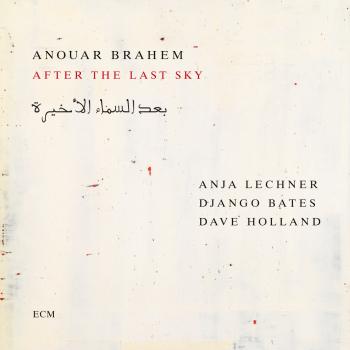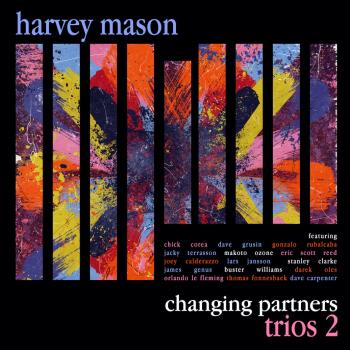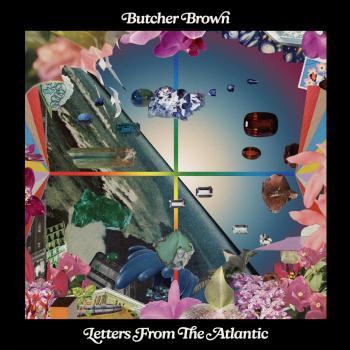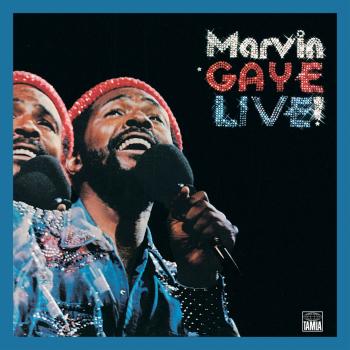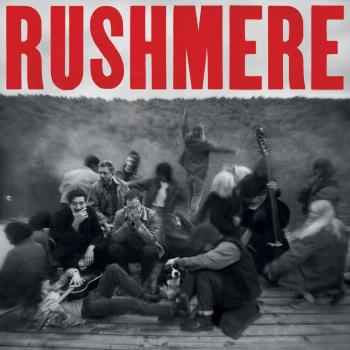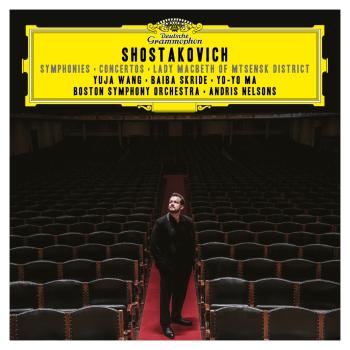
Folk Singer (Remastered) Muddy Waters
Album info
Album-Release:
1964
HRA-Release:
12.04.2019
Album including Album cover
I`m sorry!
Dear HIGHRESAUDIO Visitor,
due to territorial constraints and also different releases dates in each country you currently can`t purchase this album. We are updating our release dates twice a week. So, please feel free to check from time-to-time, if the album is available for your country.
We suggest, that you bookmark the album and use our Short List function.
Thank you for your understanding and patience.
Yours sincerely, HIGHRESAUDIO
- 1 My Home Is In The Delta 03:58
- 2 Long Distance Call 03:30
- 3 My Captain 05:10
- 4 Good Morning Little Schoolgirl 03:12
- 5 You Gonna Need My Help 03:09
- 6 Cold Weather Blues 04:41
- 7 Big Leg Woman 03:25
- 8 Country Boy 03:29
- 9 Feel Like Going Home 03:51
- 10 The Same Thing 02:46
- 11 You Can't Lose What You Never Had 02:55
Info for Folk Singer (Remastered)
Im September 1963 bemühte sich Chess Records mit diesem akustischen Folk-Blues Album um ein Stück vom wachsenden Kuchen der akustischen Aufnahmen. McKinley Morganfield, besser bekannt als Muddy Waters hatte da bereits Jahrzehnte in der Chicagoer Blues- und Jazz-Szene gespielt und bevorzugte eigentlich die elektrische Gitarre und moderne Blues Interpretationen und hatte damit in den 50er Jahren schon einige Hits gelandet, doch seit 1958 sah es recht düster aus. Die 1964er Veröffentlichung wurde zum Hit und definiert bis heute das Genre des akustischen Blues und ist unter audiophilen heiß begehrt.
Das Blues Quartett bestand aus Muddy Waters als Sänger und an der Gitarre, Buddy Guy an der zweiten Gitarre, Willie Dixon am Kontrabass und Clifton Jones am Schlagzeug. Die Aufnahme wurde durch Kevin Gray von Cohearent Audio neu überarbeitet und erscheint hier mit Bonustracks, die nicht Teil der Originalveröffentlichung waren.
Klanglich ein Sahnestück und es kommen zwar nicht die Musiker in den Hörraum, man selbst jedoch ganz eindeutig in das Aufnahmestudio nach Chicago.
"... Gänsehaut pur." (Good Times)
Muddy Waters, vocals, guitar
J.T. Brown, tenor saxophone
Otis Spann, piano
Buddy Guy, guitar
Sammy Lawhorn, guitar
James "Pee Wee" Madison, guitar
James Cotton, harmonica
Willy Dixon, double bass
Milton Rector, double bass
Francis Clay, drums
Clifton James, drums
S.P. Leary, drums
Recorded September 1963 at Tel Mar Recording Studios, Chicago, Illinois
Produced by Muddy Waters, Ralph Bass, Willie Dixon
Digitally remastered
Muddy Waters
Anyone who's followed the course of modern popular music is aware of the vast influence exerted on its development by the large numbers of blues artists who collectively shaped and defined the approach to amplified music in the late 1940s and early '50s. chicago was the pivotal point for the development and dissemination of the modern blues and virtually everything else has flowed, in one way or another, from this rich source.
The revolution began inauspiciously enough in 1948 with the release of a 78-rpm single by a singer-guitarist called muddy waters. coupled on aristocrat 1305 were a pair of traditional mississippi delta-styled pieces 'i cant be satisfied' and 'i feel like going home,' and on them waters' dark, majestic singing. waters' use of amplification gave his guitar playing a new, powerful, striking edge and sonority that introduced to traditional music a sound its listeners found very exciting, comfortably familiar yet strangely compelling and, above all, immensely powerful, urgent.
From the start it was he who dominated the music, who led the way-in style, sound, repertoire, instrumentation, in every way-first as a greatly popular club performer from the mid-1940s on and, a few years later, as the most influential recording artist in the new amplified blues idiom. in the years 1948-55 he put forth for definition the fundamental approaches and usages of modern blues in a remarkable series of ground-breaking and, as time has shown, classic records. in the years since, the style waters delineated has been extended, fragmented, elaborated and otherwise commercialized, but the fundamental earthy, vital, powerful sound of the postwar blues as defined by muddy and his bandsmen has yet to be excelled-or even equaled, come to that. it's no accident the rolling stones chose their name from one of waters' finest early recordings the choice was merely prophetic, for muddy and his magnificent bedrock music continue to resonate as thrillingly and powerfully through the music of today as they did back in the late '40s and early '50s when we first heard them.
He was born mckinley morganfield-muddy waters is a nickname given him in childhood-in the tiny hamlet of rolling fork, mississippi, on april 4, 1915, but from the age of three, when his mother died, was raised by his maternal grandmother in clarksdale, a small town one hundred miles to the north.
It is scarcely surprising then that the delta region has nurtured a tradition of blues singing and playing that reflects the harsh, brutal life there, a music shot through with all the agonized tension, bitterness, stark power and raw passion of life lived at or near the brink of despair. poised between life and death, the delta bluesman gave vent to his terror, frustration, rage and passionate humanity in a music that was taut with dark, brooding force and spellbinding intensity that was jagged, harsh, raw as an open wound and profoundly, inexorably, moving. the great delta blues musicians-charley patton, son house, tommy johnson and, especially in waters' case, the brilliant, tortured robert johnson-sang with a naked force, majesty and total conviction that make their music timeless and universal in its power to touch and move us deeply. Visit: www.muddywaters.com/bio.html
This album contains no booklet.

